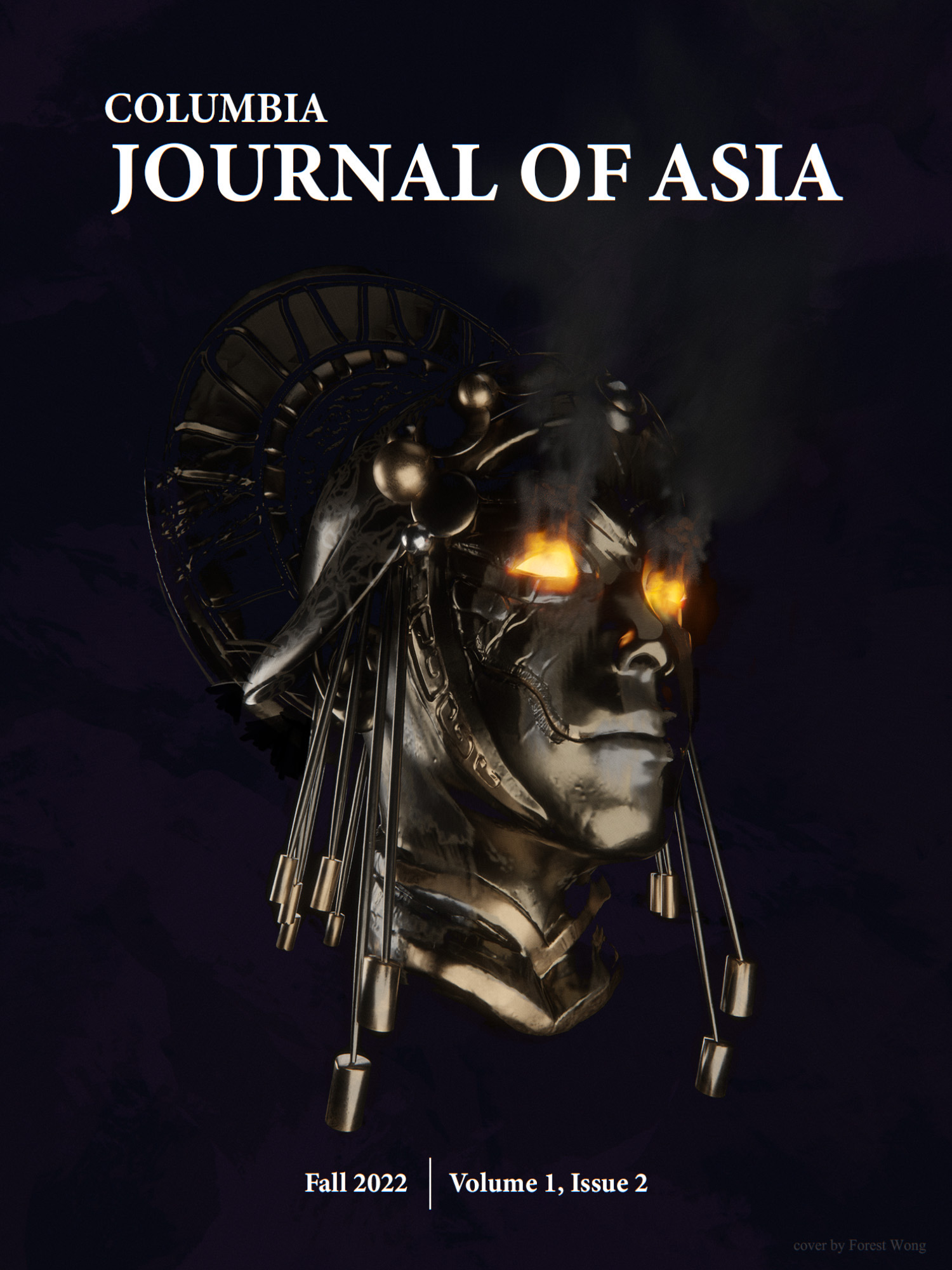Abstract
Throughout the 19th century, Japanese elite society simultaneously expanded its interest in affairs beyond its borders while reaffirming its distrust of foreigners and foreignness (jōi). This paper examines the variety of ways in which Japan engaged with the outside in the tumultuous 19th century.
Scholarship on 19th century Japan so often treats the Tokugawa period and the Meiji period as absolutely separate entities, between which occurred a complete shift in thought and ideology. Even scholars who argue that Sakoku was a myth still tend to leave the Meiji period well enough alone; likewise, Meiji scholars often fail to address the similarities in thought between the two periods. In terms of the ideological and scholarly currents about Japanese relationships with the exterior, the late Tokugawa period and the Meiji period were actually quite similar.
I intend to create a discourse on Japanese external relations that synthesizes a number of temporally narrow scholarly works in order to show not a rupture but a continuity in Japanese national thought throughout the 19th century— in the transition from the Tokugawa to Meiji eras, views on the outside world did not change nearly as much as most scholars have presumed.

